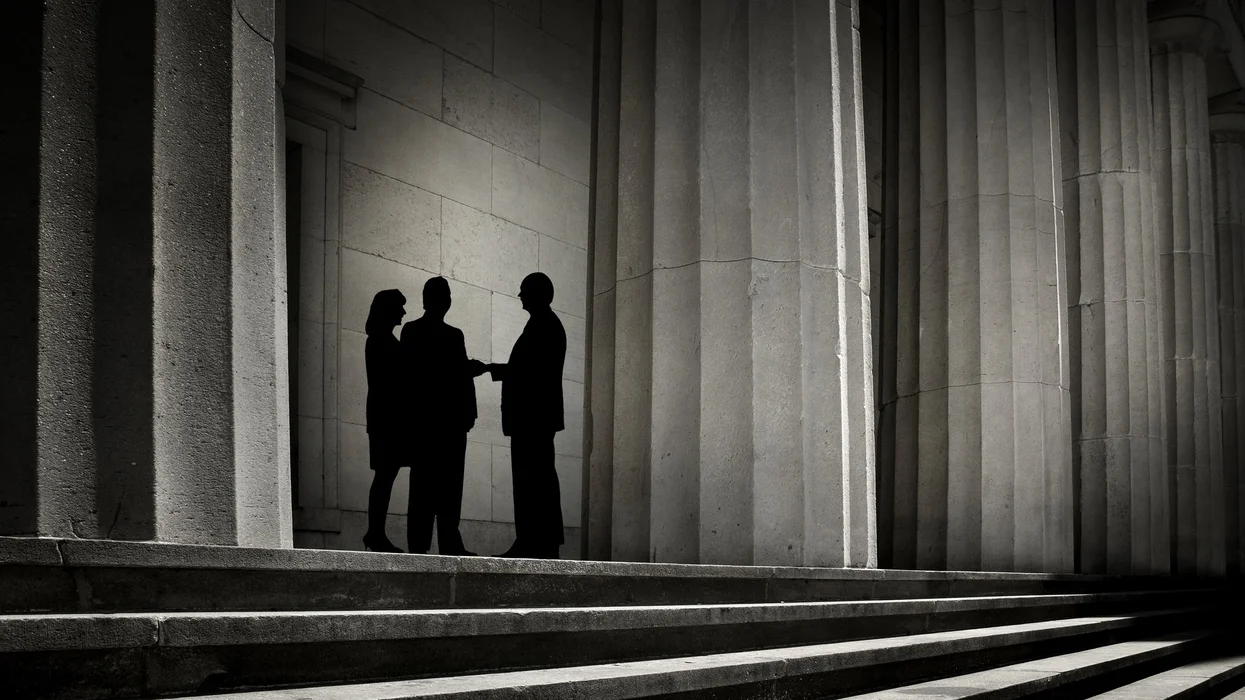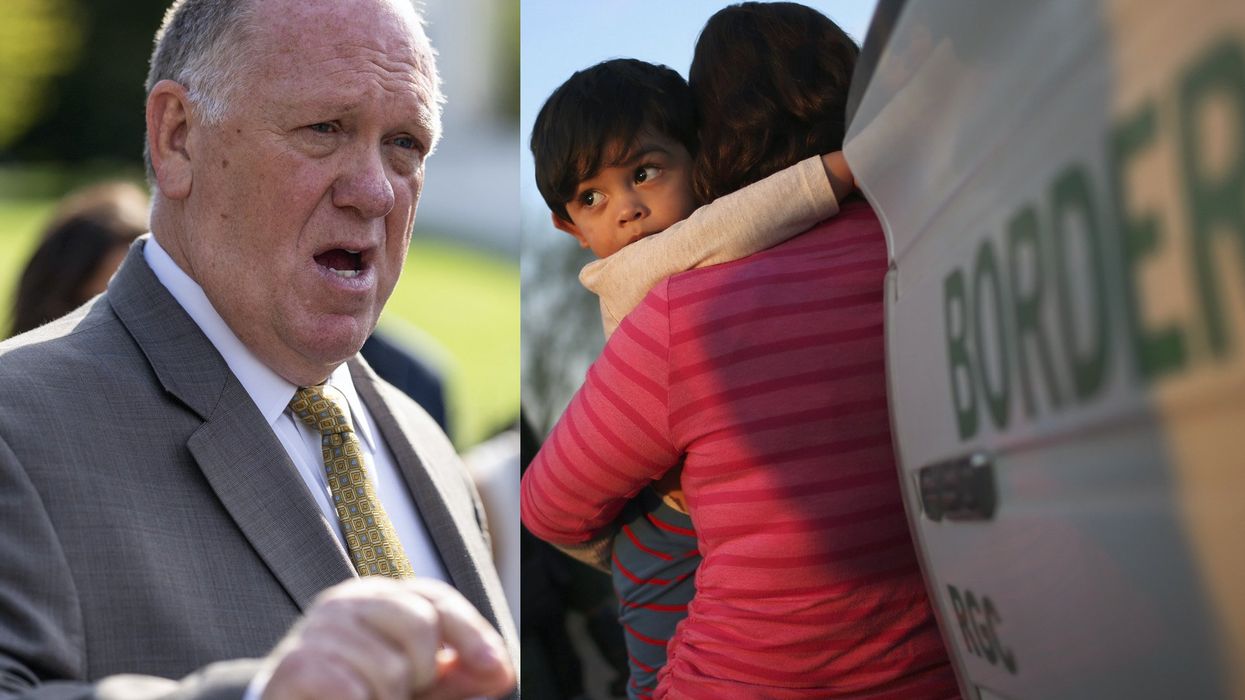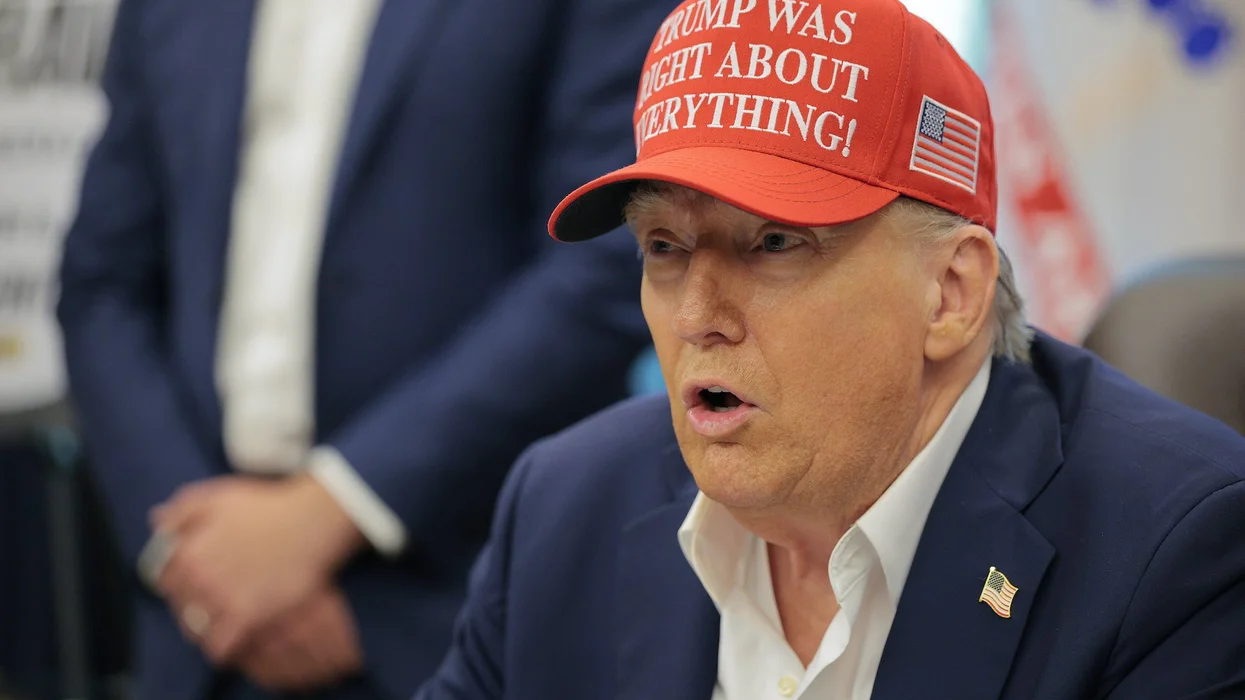A Native American group contends a controversial Obama administration program is harming online businesses that are critical to funding tribal governments, and at the same time violating tribal sovereignty.
Operation Choke Point is run through the Department of Justice and the Federal Deposit Insurance Corporation and targets how banks handle accounts with certain industries the agencies consider high-risk, including the gun industry, payday or short-term lenders, porn shops, casinos, coin dealers, check cashers and debt collectors.
 President Barack Obama waves after delivering remarks during the closing session of the White House Tribal Nations Conference at the Department of Interior, Dec. 5, 2012 in Washington, D.C. (Getty Images)
President Barack Obama waves after delivering remarks during the closing session of the White House Tribal Nations Conference at the Department of Interior, Dec. 5, 2012 in Washington, D.C. (Getty Images)
“It is affecting online lending sites, which are a big source of business for tribal nations,” Lance Gumbs, executive director of the Native American Financial Services Association, told TheBlaze.
At the White House Tribal Nations Conference last month, President Barack Obama said, “We’re going to keep promoting economic growth in Indian Country, because every young person deserves the chance to work and get ahead.”
But Gumbs said Operation Choke Point is doing the opposite of what Obama pledged.
That’s because the tribal governments generally own many online payday lenders and the revenue is used to fund social services, education and other aspects of the tribes, he said.
“E-commerce is the great equalizer for tribes,” Gumbs said. “Tribes are located in areas that don’t have access to any other economic development. This is a way to help pull tribes out of poverty.”
He said that it’s a myth to believe tribes get most revenue from casinos, because only 25 percent of tribes in the country are involved in gaming.
Documents show FDIC officials oppose payday lending on personal grounds, according to a report last month by the House Oversight and Government Reform Committee. The report cited a senior official’s emails that said bank examiners “literally cannot stand payday,” and effectively ordered banks to terminate all relationships with the industry. Another senior FDIC official insisted that FDIC Chairman Martin Gruenberg’s letters to Congress and talking points always mention pornography when discussing payday lenders and other industries, to convey a “good picture regarding the unsavory nature of the businesses at issue.”
FDIC spokeswoman Barbara Hagenbaugh denied that the agency is preventing banks from working with any legal business.
“It is the FDIC's policy that insured institutions that properly manage customer relationships are neither prohibited nor discouraged from providing services to any customer operating in compliance with applicable law,” Hagenbaugh told TheBlaze in an email. “The FDIC has reiterated this policy to our bank supervisors and we encourage banks to report to FDIC management, the ombudsmen, or the inspector general if they feel this policy is not being followed.”
The Justice Department regularly consults with tribes about online businesses, department spokeswoman Emily Pierce said.
“The department is not targeting businesses by Indian tribes," Pierce said in an email. "The focus of our efforts has been combatting fraud. Our policy is not to target any businesses, including tribal businesses, engaging in lawful practices. The department is also committed to ongoing communication with Indian tribes and fostering our government-to-government relationships. Indeed, the department communicates with tribes regularly and, in fact, representatives of the department have met with representatives of several Indian Tribes that operate online businesses.”
Barry Brandon, the immediate past executive director of the Native American Financial Services Association, said Operation Choke Point has had tangible consequences on tribal-owned businesses.
“One member went out of business because of Operation Choke Point and others decided not to launch because of the uncertainly. So it is a problem with respect to the chilling effect,” Brandon told TheBlaze.
He added that the operation “is definitely an affront to tribal sovereignty.”
Tribes generally have sovereignty from state and local governments. The Commerce Clause of the U.S. Constitution allows Congress to regulate some financial activity by tribes, though states cannot. But Brandon pointed out Congress did not sign off on Operation Choke Point, and is fact has been critical of it.
In October 2014, Republicans members of the Senate Banking Committee, then in the minority, asked Attorney General Eric Holder to scrap the operation entirely because the list of industries targeted seems to be arbitrary.
The letter says, “This list appears to have been created with no public input, no compliance guidance or metrics for private entities to follow, and with disregard for the legality of a merchant’s operation. Further, the list has been used as a pretext by DOJ to limit essential banking services for industries out of favor by this administration.”

 President Barack Obama waves after delivering remarks during the closing session of the White House Tribal Nations Conference at the Department of Interior, Dec. 5, 2012 in Washington, D.C. (Getty Images)
President Barack Obama waves after delivering remarks during the closing session of the White House Tribal Nations Conference at the Department of Interior, Dec. 5, 2012 in Washington, D.C. (Getty Images)





